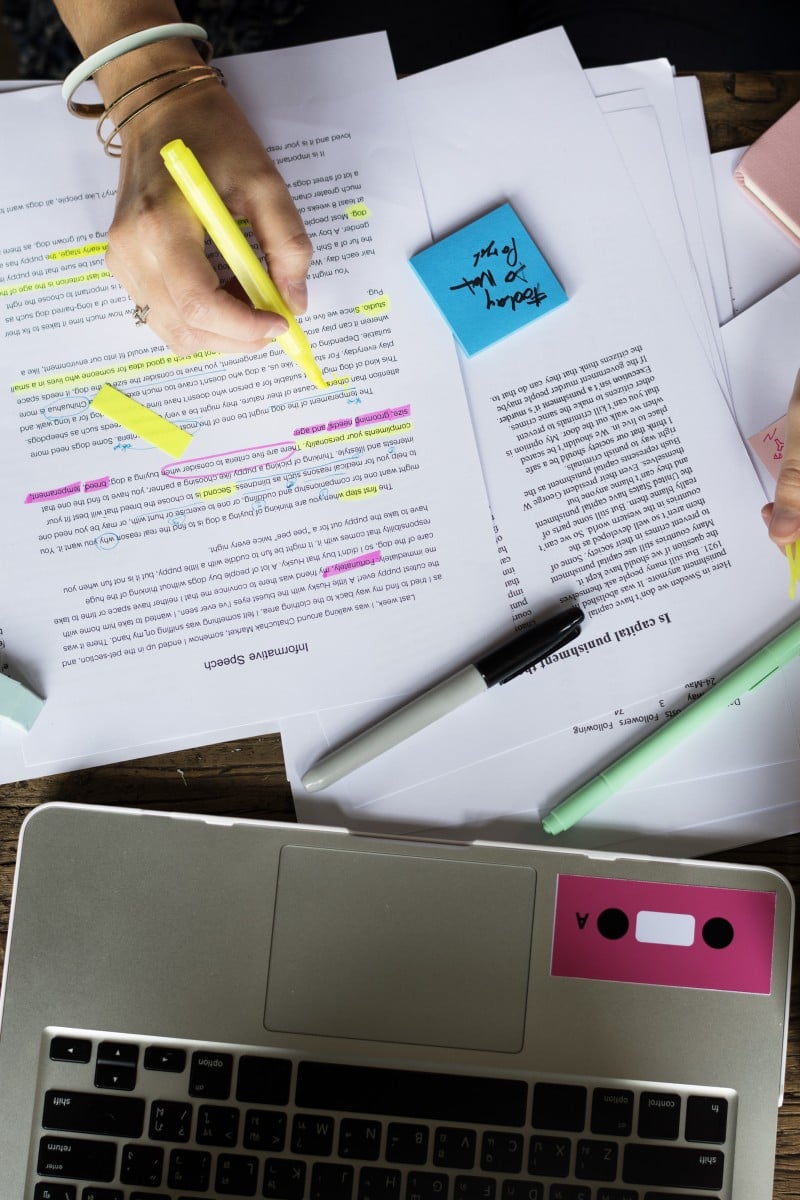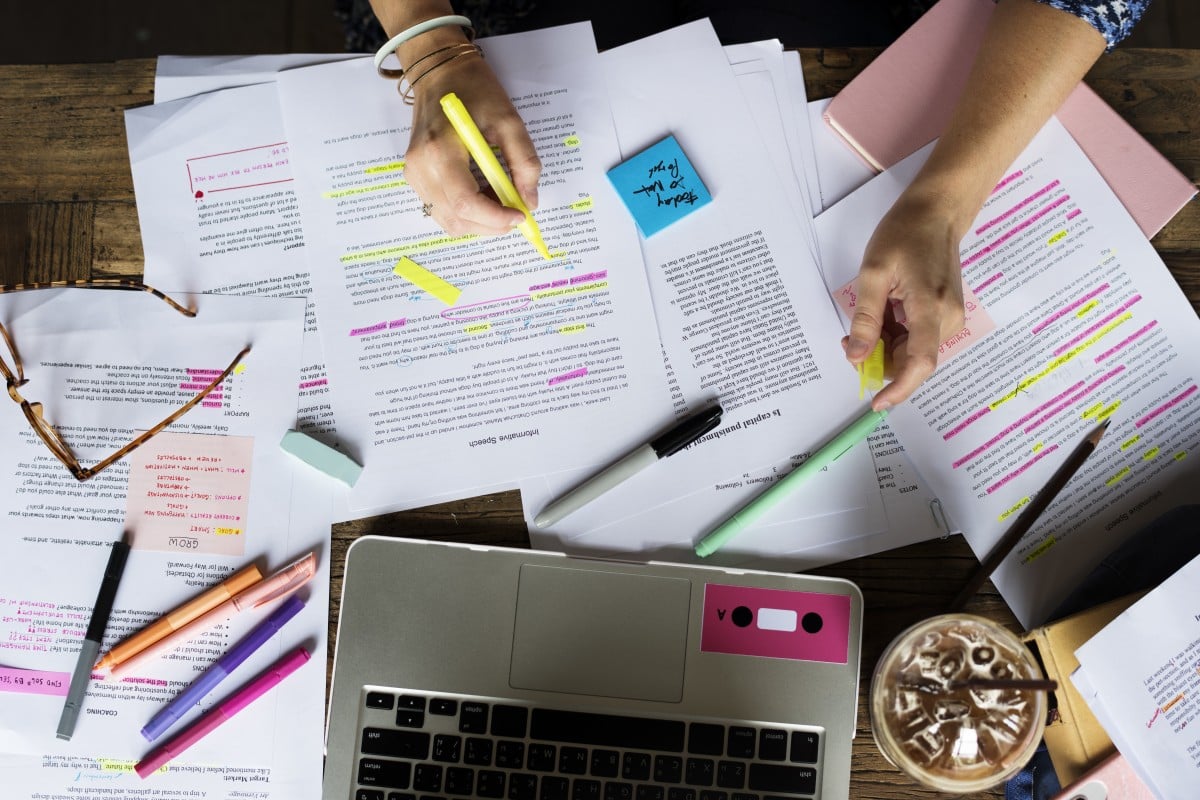
How to study effectively and ace your exams with these 5 simple tips from a psychologist
Dr Andrew Adler shares advice on how to make revision more manageable and efficient


With the new school year well underway, you’re probably already knee-deep in assignments, tests and revision. But if you find yourself spending hours poring over your textbooks, only to forget everything you read, it may be that you aren’t studying effectively. Knowing how to do so takes time, but it will serve you throughout the rest of your academic career. Young Post spoke to regular collaborator Dr Andrew Adler for tips on how to make revision more manageable.
Make a study schedule
Before you can begin effective studying it is important to work out a reasonable study schedule. Doing it will allow you to plan well ahead of a test and keep on top of your studies.
Study better: Make your revision way more effective with this simple tip
“A good way to increase productivity during a study session is to write a schedule of what needs to be accomplished and how long you expect each assignment to take,” says Adler. “Adding extra time for each assignment will help you avoid feeling too rushed. Try as best you can to stick to this schedule. Crossing off what you’ve completed on the list may also add to your sense of accomplishment.”
Study consistently
This may seem obvious, but we’ve all been in a situation where we have several tests looming ahead, and cramming all the revision content at once seems like the easiest option. What’s better is to revise as you go along.
Try studyblr: the technique that might make revision more effective and enjoyable
Studying consistently is especially important for longer courses such as the HKDSE or IB. If you revisit topics regularly throughout the course, you won’t spend the weeks before your exams struggling to recall concepts that you learned a year or more ago.
Stay organised
This is essential for studying effectively. Ensure you keep all your notes, worksheets and assignments organised and in one place so that you can easily refer to them later.
Expert tips on how to stop procrastinating
When you are taking notes, be sure to write them down in a structured manner, and highlight key points. Not only will this help you retain the information in the first place, but you will be able to make better sense of your notes when you revisit them.
Study actively, not passively
When we simply read facts from a page, they are likely to float out of our brains as soon as they’ve entered. But active learning can help your brain retain important information. One technique is to associate the content you’re studying with an example from your own experience. Another is to teach the content you have just learned to someone who has no knowledge of the topic; if you can successfully explain it to them, it means you fully understand the subject.
HK's IB top scorers share their study tips
Adler also recommends rereading material. “Rereading means reviewing material that has already been read as it improves memory,” he said. Adler adds that reading aloud can be more beneficial than reading silently. “Saying the material aloud improves your ability to remember it.”
Keep study sessions varied
If you start to feel a lag in your revision, sometimes a change is as good as a rest.
How to take notes in class that will actually help you learn and remember the details
“Some recent and important research has found that varying the way in which a person learns a new skill helps in its development,” says Adler.
“This research focused on learning skills required to play a musical instrument or master a sport – but its finding can also be applied to completing homework assignments. For example, it may be helpful to change the location of where you do your homework, or vary the order in which you complete your subject assignments.”
All gifs via GIPHY
Andrew Adler, Ph.D., Advisor
Licensed Psychologist (US)
Doctorate in Clinical Psychology, Yale University
andrew@adlerfamilycentre.com.hk
+852 9386 5104
Edited by Charlotte Ames-Ettridge
